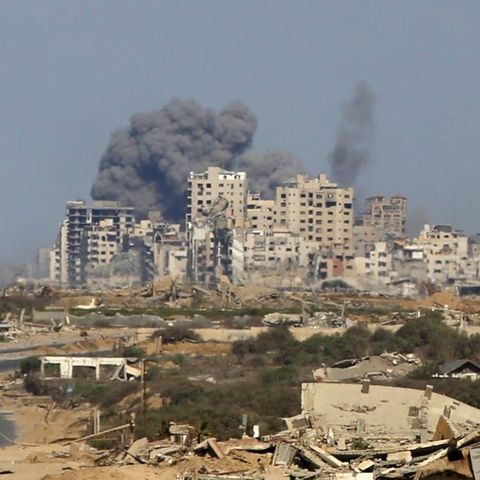The local staff for whom the Federal Foreign Office feels responsible are not counted, however, as the compilation and transmission of the data takes longer there.
According to information from the German Press Agency, around 3,300 local employees and around 11,600 family members who want to and are allowed to come to Germany have been reported from among the other departments concerned – the Ministry of Defense, the Ministry of the Interior and the Ministry of Development. In addition, there are around 2,600 human rights activists, journalists and other particularly vulnerable people from Afghanistan with their children and partners.
However, six weeks after the end of the Kabul airlift, the German federal government does not yet have a precise overview of the total number of local workers who have received acceptance of admission to Germany. A spokesman for the Foreign Office in Berlin admitted “sometimes delays” could occur.
He added: “In the case of the Federal Foreign Office, this is because we don’t just take care of our own local staff.” The ministry is also dependent on information from organizations such as the German Academic Exchange Service and the Goethe Institute. There are also other local staff from the European Union, NATO and the United Nations “for which Germany has taken responsibility”. Internally, however, the Foreign Office has now compiled data that is now being reported to the Ministry of the Interior.
Between mid-May and the end of September, the German authorities registered the entry of a total of around 570 local staff with their relatives. According to government sources, 402 of them previously worked for the Bundeswehr in Afghanistan. 113 of those who arrived are therefore former local staff from the Ministry of Development, 53 of the ex-local staff who arrived in Germany had reportedly previously worked for the federal police.
The Foreign Office reported on Thursday about a charter flight that was supposed to bring another 217 Afghans to Germany. 20 of them were supposed to travel on to other EU countries.




